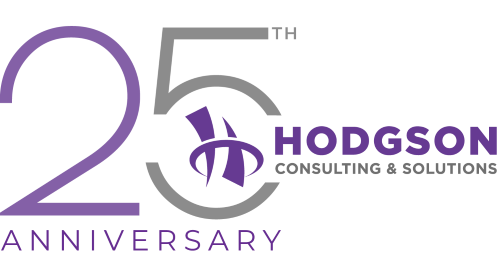Breach Alert
“While each of us certainly hopes that coronavirus won’t become a major health event in their part of the world, the reality is that businesses are already considering every contingency plan with a close eye towards avoiding serious disruption of their operations. Remote working, or the practice of working for an extended period outside the formal office, is growing steadily in popularity, enabled by a whole host of digital tools of virtually every description, from Web conferencing and e-mail to mobile collaboration applications and virtual event platforms.” (zdnet.com, 2020) While working remotely was a common trend before the news, germs, and symptoms for the coronavirus, or COVID-19, started to spread. It has become increasingly more popular amongst companies that had not had such policies and programs in the past, and particularly amongst those companies that only offered such options to select roles and employees.

ZDNet argued that there are four levels of strategy when it comes to working remotely:
- Strategy 1: Create a safe and effective foundation for remote digital access. First and foremost, this means providing secure access to IT resources within the business as well as to the internet itself, typically through an internet provider and virtual private network. This requires attention to every part of the connected tech stack, from internet access itself to providing secure means to reach and interact with corporate networks, data, communication channels, and applications. This is also the overhead of managing and supporting the whole process.
- Strategy 2: Provide access to productivity, line of business applications, and communications/collaboration tools. Business today revolves around teamwork using shared knowledge assets including documents, files, reports, spreadsheets, rich media, and both structured and unstructured data. Such assets are created and used with applications that include the usual office productivity suites like Microsoft Office365 and Google G Suite, local content/document management systems, the corporate intranet, HR systems, CRM, ERP, and countless other systems.
- Strategy 3: Develop remote working skills. The reality is that it is fundamentally different to work remotely. There’s a loss of hallway chatter, camaraderie, and serendipitous experiences with other colleagues. Everyone is much less visible, and it takes a toll on collaboration because it’s just harder to connect with co-workers, even with all the digital tools in hand.
- Strategy 4: Cultivate a remote working culture and mindset. Going beyond the individual, it helps to prepare the broader organization to create an environment that’s more effective for remote working. Especially since digital tools are so core to enabling remote work, it’s important to understand how much they shift the art of the possible, not just on individual digital skills and habits, but how these digital tools change and improve the culture of the organization itself. Or more accurately, what’s possible digitally and how the organizations innately think and work co-evolves together. (zdnet.com, 2020)
How it Could Affect You
Ask yourself whether or not your company can successfully manage the IT challenges of a distributed/remote workforce. If the answer is no, this something you as a business owner should be thinking about. While no one wants to be affected directly by the coronavirus, or any other unexpected virus for that matter, the fact is that each day a new case seems to hit closer and closer to home. And while now is not the time to act irrationally in fear, it does make sense to think about ways to protect your business and to protect your employees. Those ways should include being able to accommodate displaced employees. The ability to work from home makes things easier for both the employer and the employee. It provides peace knowing that things can still run smoothly and seamlessly even if minimal or nobody could physically make it to the office. That’s peace of mind!
Hodgson Can Help
Here at Hodgson Consulting & Solutions, we specialize in securing data and information loss prevention for companies with multiple locations and/or a remote workforce. Contact us to receive a FREE 17- Point Confidential Technology Security Consultation and also learn more about our Managed Security Service Plans. Contact our office today at 847-906-5005.


